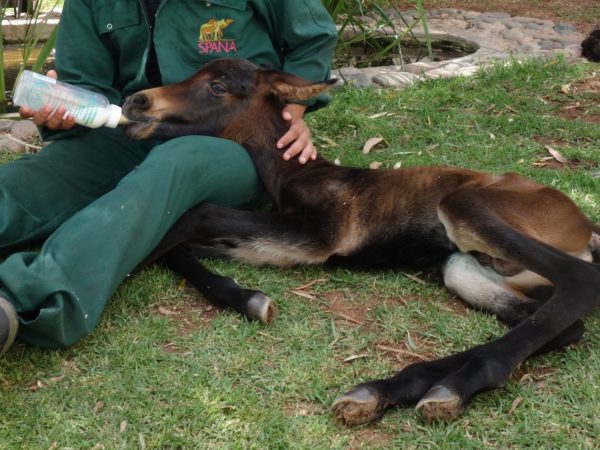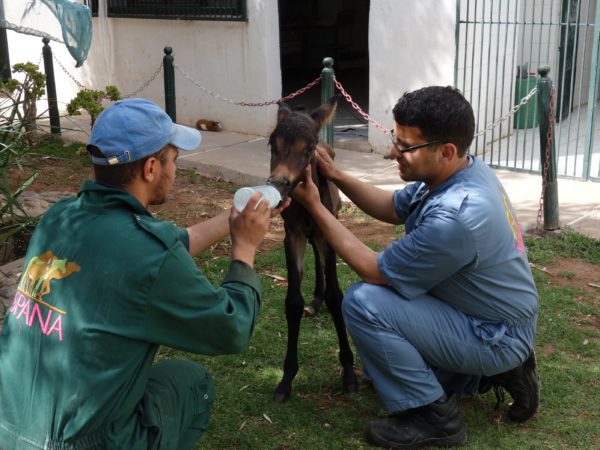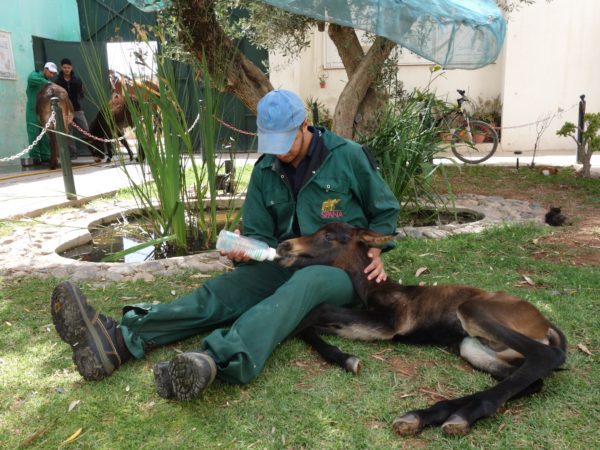You may also be interested in
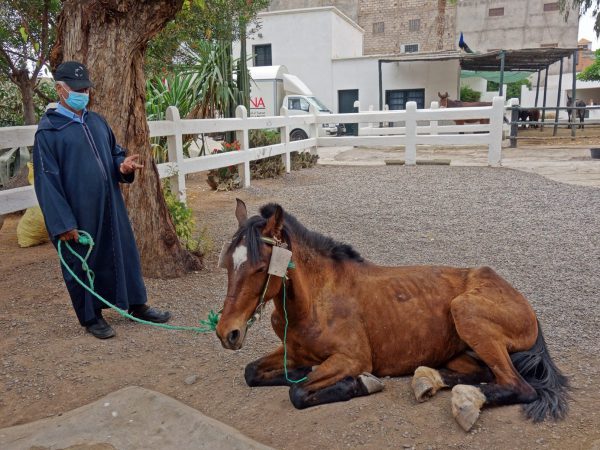
Yasmine’s colic emergency
As Covid-19 impacts us all, SPANA remains a lifeline for working animals that are suffering as a result. Read how Yasmine the horse was saved from a...
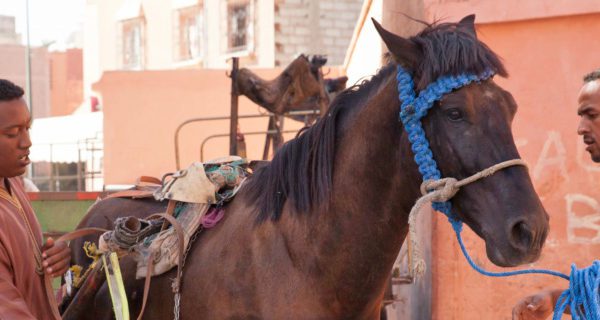
Treating Mabrok’s colic
Read how our vets helped Mabrok the horse when he was suffering from colic.
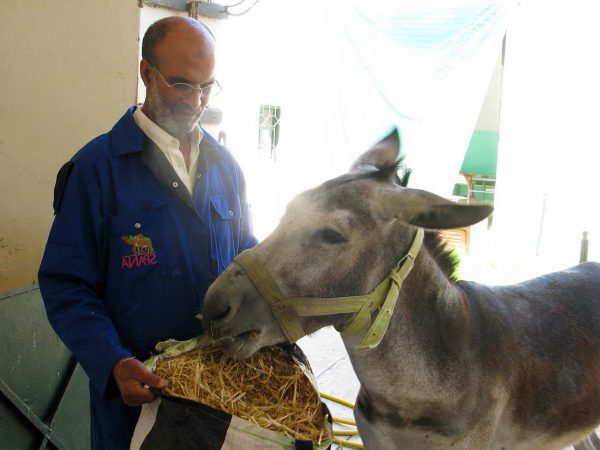
Curing colic in donkeys – Maggie’s colic
Maggie the donkey was brought to our centre in Chemaia to be treated by SPANA vets - read her story.

Yasmine’s colic emergency
As Covid-19 impacts us all, SPANA remains a lifeline for working animals that are suffering as a result. Read how Yasmine the horse was saved from a...

Curing colic in donkeys – Maggie’s colic
Maggie the donkey was brought to our centre in Chemaia to be treated by SPANA vets - read her story.

